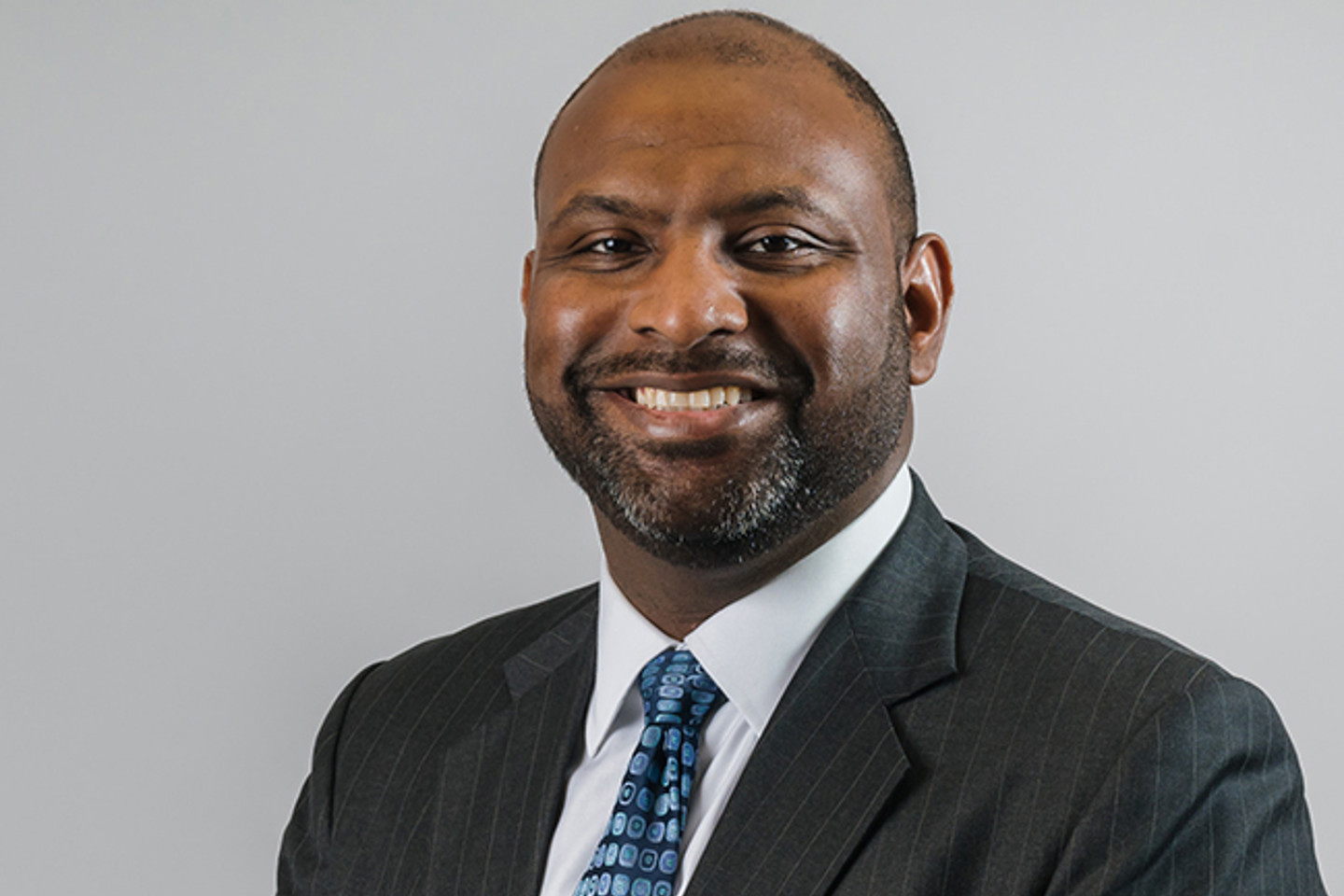
Michael Snape 石迈可
Consultant 顾问 | Legal
Hong Kong

Michael Snape 石迈可
Consultant 顾问
Hong Kong
Big things are happening at Ogier. Change is embedded in everything we do. It is redefining our talent, our ways of working, our platforms of delivery, our culture.
Services
We have the expertise to handle the most demanding transactions. Our commercial understanding and experience of working with leading financial institutions, professional advisers and regulatory bodies means we add real value to clients’ businesses.
Sectors
Our sector approach relies on smart collaboration between teams who have a deep understanding of related businesses and industry dynamics. The specific combination of our highly informed experts helps our clients to see around corners.
We have the expertise to handle the most demanding transactions. Our commercial understanding and experience of working with leading financial institutions, professional advisers and regulatory bodies means we add real value to clients’ businesses.
Legal
Corporate and Fiduciary
Consulting
Banking and Finance
Corporate
Dispute Resolution
Employment law
Intellectual Property
Investment Funds
Listing services
Local Legal Services
Private Wealth
Property law
Regulatory
Restructuring and Insolvency
Tax
Banking and Finance overview
Asset Finance
CAYLUX Fund Finance
Debt Capital Markets
Derivatives
Fund Finance
Islamic Finance
Leveraged Finance
Listing services
Real Estate Finance
Regulatory
Restructuring and Insolvency
Structured Finance
Sustainable Finance
Corporate overview
Economic Substance
EIIS Services in Ireland
Equity Capital Markets
Insurance and Reinsurance
Listing services
Mergers and Acquisitions
Private Equity
Real Estate Structuring, Acquisitions and Disposals
Regulatory
Technology and Web3
Dispute Resolution overview
Banking Disputes
Corporate and Financial Services Disputes
Crypto Disputes
Enforcement of Judgments and Awards
Fraud and Asset Tracing
Funds Disputes
Insurance Disputes
International Arbitration
Regulatory
Restructuring and Insolvency
Section 238 Shareholder Appraisal Rights
Shareholder and Valuation Disputes
Trusts Disputes and Applications
Investment Funds overview
Hedge Funds
Managers and Sponsors
Private Equity
Real Estate, Infrastructure and Energy Funds
Regulatory
Sustainable Investing and Impact Funds
Technology and Web3
Local Legal Services overview
Cayman Local Legal Services
Channel Islands Local Legal Services
Ireland Local Legal Services
Employment law
Estate Planning, Wills and Probate
Expat services
Family Office
Intellectual Property
Make your Guernsey will online
Make your Jersey lasting power of attorney online
Make your Jersey will online
Notary public services
Relocating your business
Relocating your family
Property law
Accounting and Financial Reporting Services - Ogier Global
Cayman Islands AML/CFT training - Ogier Global
Corporate Services - Ogier Global
Debt Capital Markets - Ogier Global
Fund Services - Ogier Global
Governance Services - Ogier Global
Investor Services - Ogier Global
Ogier Connect - Ogier Global
Private Wealth Services - Ogier Global
Real Estate Services - Ogier Global
Regulatory and Compliance Services - Ogier Global
Our sector approach relies on smart collaboration between teams who have a deep understanding of related businesses and industry dynamics. The specific combination of our highly informed experts helps our clients to see around corners.
Ogier provides practical advice on BVI, Cayman Islands, Guernsey, Irish, Jersey and Luxembourg law through our global network of offices across the Asian, Caribbean and European timezones. Ogier is the only firm to advise on this unique combination of laws.
Keep up to date with industry insights, analysis and reviews. Find out about the work of our expert teams and subscribe to receive our newsletters straight to your inbox.
Fresh thinking, sharper opinion.
We get straight to the point, managing complexity to get to the essentials. Our global network of offices covers every time zone.
No Content Set
Exception:
Website.Models.ViewModels.Components.General.Banners.BannerComponentVm
Insight
27 September 2022
Cayman Islands

Michael Snape 石迈可
Team: Maria On 安美怡, Gemma Bellfield (nee Lardner), Christopher Levers, Oliver Payne 彭奥礼, Jeremy Snead
ON THIS PAGE
RELATED
In the ongoing administration of the late Mr Osama Abudawood's estate, the Grand Court of the Cayman Islands has confirmed the test for when a parent company which is a party to litigation will have to disclose documents held by its non-party subsidiary companies (In the Matter of the Estate of Osama Abudawood (Unreported, Justice Kawaley, 27 July 2022, Cause No FSD 0134 of 2022 (NSJ)).
The case provides both a succinct summary of the law in this area and practical guidance on how the Court will approach the competing evidence of the parties when a specific discovery application is made against a parent company seeking documents held by its non-party subsidiaries.
Mr Abudawood was domiciled in the Kingdom of Saudi Arabia and died intestate on 13 June 2017. He owned shares in WAFR Holdings Limited (WAFR) which were assets within his Cayman estate. WAFR in turn had various wholly owned subsidiaries, none of which were parties to the administration or part of the Cayman estate. The Administrator of Mr Abudawood's estate sought discovery of the subsidiary companies' documents, such as financial statements, a full statement of the portfolio investments, a fixed asset schedule, aged receivables, and loan agreements.
Order 24, rule 7 of the Grand Court Rules requires parties to proceedings (in this case WAFR) to make discovery of documents "which are or have been in his possession, custody or power relating to any matter in question between them in the action". The issue before the Grand Court was whether the documents of WAFR's subsidiaries were within WAFR's "power", such that WAFR had to disclose the documents to the administrator.
An order for discovery was originally made on the basis that, among other things, the documents are relevant to the administration, without WAFR's right to access the documents being fully argued. The WAFR subsidiaries then appealed the discovery order on the ground that the subsidiaries' documents were not in the possession, custody or power of WAFR. Because the appeal ground had not been argued at first instance, the Court of Appeal (somewhat reluctantly) remitted the case to the Grand Court to give the administrator a chance to put forward evidence establishing the right of WAFR (and therefore the administrator) to access the subsidiaries' documents.
In remitting the case the Court of Appeal recited the well-known English authority which says that a common corporate structure is not of itself enough to compel disclosure: evidence of a presently enforceable legal right or an understanding or arrangement giving a parent company access to a subsidiary's documents is required. Moreover, it is not sufficient that consent could be obtained if the parent requested documents from its subsidiary.
Back in the Grand Court, Kawaley J decided that to order discovery of documents belonging to WAFR's subsidiaries, the administrator had to at least establish that:
Kawaley J also decided that an arrangement or understanding pursuant to which the parent company "has in practice free access to the documents" of its subsidiaries will potentially support a finding that the documents are within the "power" of the parent company and accordingly discoverable.
While the Administrator was entitled to rely on circumstantial evidence to establish these points (which makes sense given that these matters would be internal to WAFR and not known to the Administrator), the evidential burden was still squarely with the administrator, and this burden proved to be problematic for the administrator in this case.
Although the WAFR subsidiaries only put forward a bare denial in evidence that there was no understanding or arrangement giving access to documents (with no documents to back the denial up), because the evidential burden was on the administrator Kawaley J found the bare denial, keeping in mind this was an interlocutory application without cross-examination, enough to reject the administrator's application. Because the administrator was unable to produce any evidence going behind the denial, Kawaley J found that the administrator had failed to prove that the documents of WAFR's subsidiaries were within WAFR's "power" pursuant to a practical arrangement or understanding which gave WAFR unfettered access to them.
Although this case was heard in the context of an administration and a parent-subsidiary relationship, the general test for discovery was being considered and applied and so this decision will be relevant to all litigation in the Cayman Islands involving Order 24, rule 7 discovery. The application of the test of an arrangement or understanding pursuant to which a party "has in practice free access to the documents" is not dependent on a parent-subsidiary relationship but has more general application.
As to the key takeaway for litigants to consider before making an application to compel discovery of non-party subsidiary documents, or to resist such an application when faced with one, to paraphrase Kawaley J from paragraph 43 of the judgment, proving that even clearly relevant documents held by non-party subsidiaries are within the power of the parent company is an inherently difficult forensic task if you are a stranger to the corporate group's internal affairs.

Michael Snape 石迈可
Consultant 顾问 | Legal
Hong Kong

Michael Snape 石迈可
Consultant 顾问
Hong Kong
Contact Michael
Back

Maria On 安美怡
Counsel 顾问律师 | Legal
Hong Kong

Maria On 安美怡
Counsel 顾问律师
Hong Kong
Contact Maria
Back

Gemma Bellfield (nee Lardner)
Partner | Legal
Cayman Islands

Gemma Bellfield (nee Lardner)
Partner
Cayman Islands
Contact Gemma
Back

Christopher Levers
Partner | Legal
Cayman Islands

Christopher Levers
Partner
Cayman Islands
Contact Christopher
Back

Oliver Payne 彭奥礼
Partner 合伙人 | Legal
Hong Kong

Oliver Payne 彭奥礼
Partner 合伙人
Hong Kong
Contact Oliver
Back

Jeremy Snead
Partner | Legal
London, Cayman Islands, British Virgin Islands

Jeremy Snead
Partner
London, Cayman Islands, British Virgin Islands
Contact Jeremy
Back
Ogier is a professional services firm with the knowledge and expertise to handle the most demanding and complex transactions and provide expert, efficient and cost-effective services to all our clients. We regularly win awards for the quality of our client service, our work and our people.
This client briefing has been prepared for clients and professional associates of Ogier. The information and expressions of opinion which it contains are not intended to be a comprehensive study or to provide legal advice and should not be treated as a substitute for specific advice concerning individual situations.
Regulatory information can be found under Legal Notice
Sign up to receive updates and newsletters from us.
Sign up
No Content Set
Exception:
Website.Models.ViewModels.Blocks.SiteBlocks.CookiePolicySiteBlockVm
